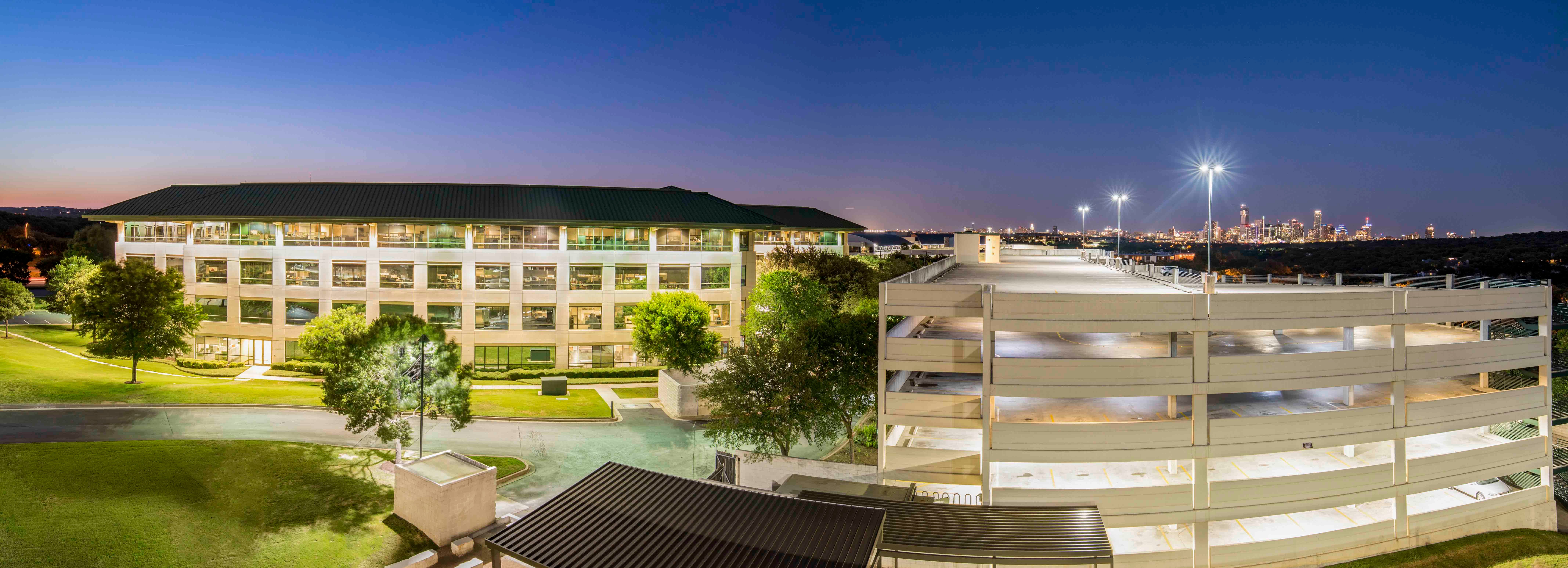 Like real estate investors, corporate occupiers search for locations with advanced innovation ecosystems.
Like real estate investors, corporate occupiers search for locations with advanced innovation ecosystems.
AUSTIN, TX—It is no surprise that real estate capital flows to cities with the strongest innovation and talent characteristics. In addition to drawing capital, these tech-savvy cities with highly skilled workforces also attract corporations ready to hire the best employees, according to JLL's latest report.
Innovation-oriented cities have a competitive advantage in the current technology-driven world. Of the 109 cities analyzed, the nine leading global markets–Boston, London, New York, Paris, San Francisco, Seattle, San Jose, Sydney and Tokyo–accounted for around 37% of total annual real estate investment volumes in the past decade.
Although San Francisco is still the world's most tech-savvy metro area, US cities no longer dominate in innovation. Three of the top five most innovative markets–Tokyo, Singapore and Beijing–are now in Asia Pacific.
Asian cities have made rapid progress in developing sophisticated future-looking business ecosystems, while China's government is committed to bringing the country's higher education up to par with the United States and Europe. Shanghai, Shenzhen, Seoul and Bangalore continue to expand capabilities and global reputations as leading tech hubs.
Cities that rank just below these leaders, outperforming on either talent or innovation, have recorded a significant uplift in transaction volumes since the global financial crisis. For example, real estate investments in talent-rich Washington, DC have grown by 260% while in Stuttgart, Germany, an innovation-centric city, volumes have almost tripled.
“Targeting innovative cities has now become an explicit part of investment strategies,” says Carol Hodgson, director of global research at JLL. “Our research also shows that innovation-centric cities appear to be more resilient to economic shocks. During the last downturn, these cities saw average real estate capital values fall less and bounce back more quickly. These include cities such as Seoul, Berlin and Chicago.”
Like real estate investors, corporate occupiers also search for locations that have advanced innovation ecosystems. These cities sustain highly skilled workforces and are best placed to succeed in the future. The mature markets of Europe, United States and Australia are the world leaders when it comes to talent. Cities such as London, San Francisco, Washington, DC, San Jose and Seattle are home to top universities along with well-qualified, growing populations.
For cost-conscious businesses, the most affordable hubs relative to innovation and talent offerings are smaller cities such Austin, TX; Helsinki, Finland and Melbourne, Australia. Second-tier Australian cities such as Brisbane and Perth also perform well, offering a significant discount with more attractive yields and rents up to 67% lower than in Sydney.
While Austin is a relatively small city of 2 million people, it is punching well above its weight on the global stage, with a young, well-educated and rapidly growing population. Known for its creative economy and quality of life, Austin has a thriving start-up culture and is increasingly attracting large global tech companies.
The report notes that more than 12% of the workforce is currently employed in high-tech industries, a number that is expanding quickly. In the talent-rich cluster, Austin's innovation rank is 37 and its talent concentration rank is 12.
Austin's status as an innovative city is matched by its reputation as an affordable and livable destination. As such, its real estate market is drawing growing interest from investors and corporates alike. The report notes that office rental values have jumped by 17%, driven by high levels of demand from corporations.
“My biggest takeaway is just how much employees are driving the decisions of Fortune 500 companies at an executive level,” Ali Bawany, senior research analyst, JLL tells GlobeSt.com. “Austin's growth has been driven by individuals seeking a better quality of life and a lower cost of living. With the fierce competition for talent, corporations are simply following where people are going. For example, the rise of large tech in Austin is a result of the fact that Austin has a rapidly growing high tech talent pool with no signs of slowing down. The shift from individuals relocating for their career to companies relocating to find talent is truly astonishing.”
Meanwhile, Dallas is one of the top 30 generators of international patent applications globally, and its tech ecosystem is also continuing to expand, drawing more than $2.7 billion of venture capital investment in the last three years. Dallas has a balanced cluster with an innovation rank of 47 and talent concentration rank of 61.
Houston has the 8th largest number of patent applications globally, supported by research-intensive companies in the advanced energy sector. Houston's cluster is also balanced with an innovation rank of 48 and a talent concentration rank of 49.
© 2025 ALM Global, LLC, All Rights Reserved. Request academic re-use from www.copyright.com. All other uses, submit a request to [email protected]. For more information visit Asset & Logo Licensing.








